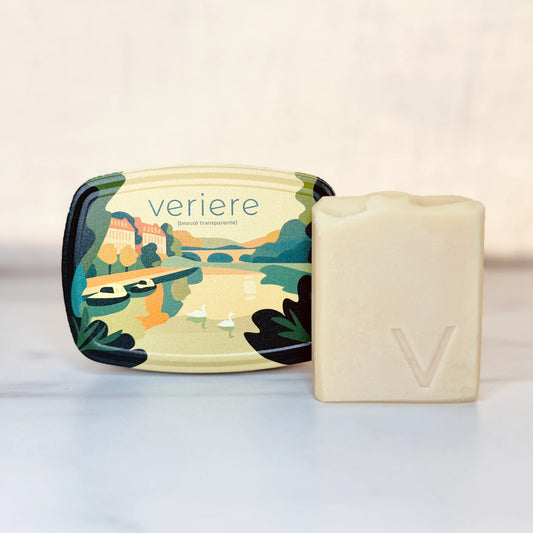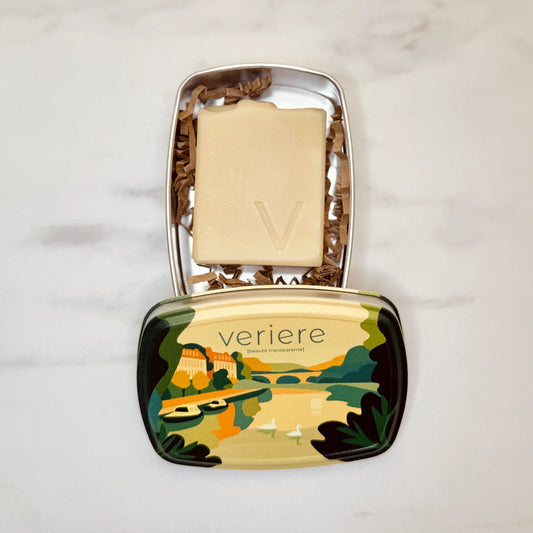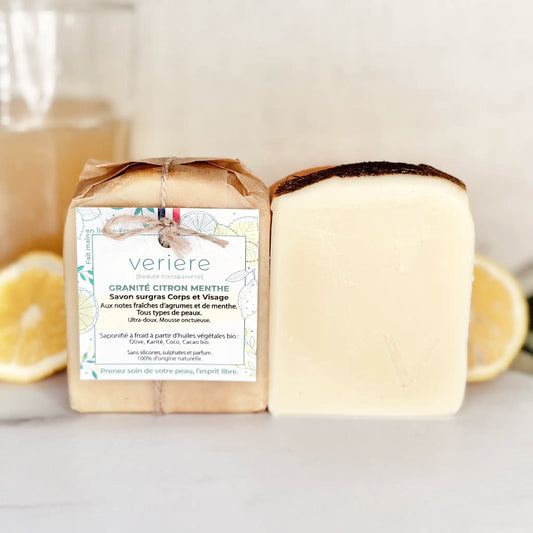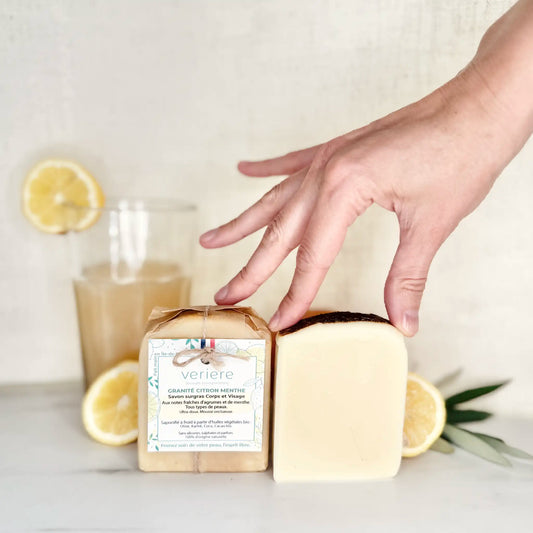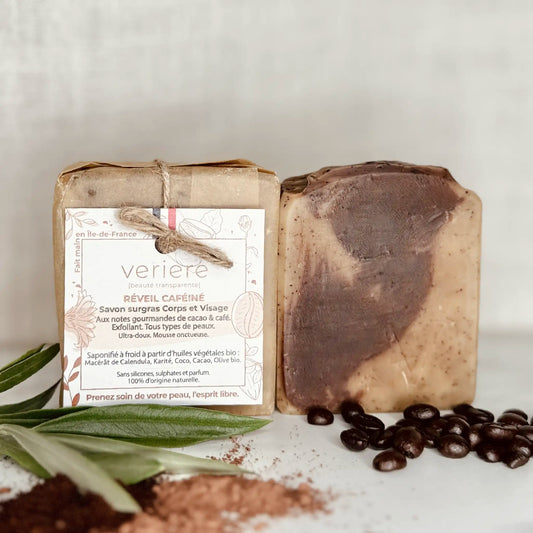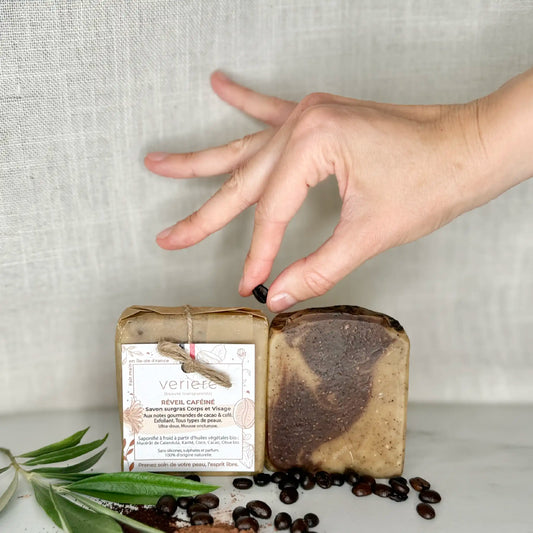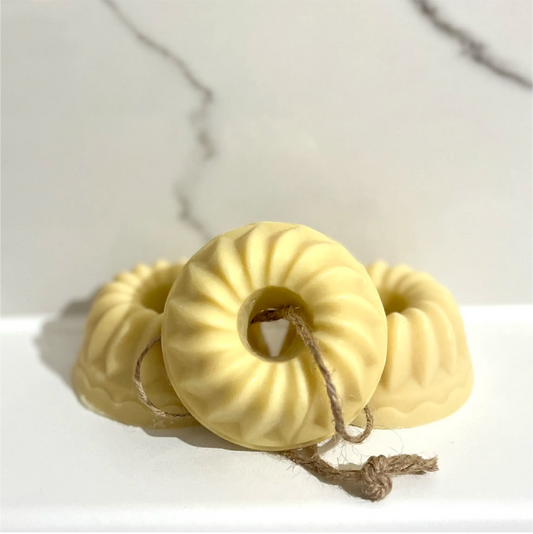What is the difference between artisanal and industrial soap making?
Partager
Soap factories vary in size, production methods, and commitment to sustainable practices. Choosing natural , artisanal soaps helps support practices that are kind to your skin and the environment, while still enjoying high-quality products.
The Different Types of Soap Factories
Soap factories can vary in size, production method, and types of products offered. Here's a look at the different types of soap factories and what sets them apart.
Artisanal soap making
Artisanal soap factories focus on producing natural soaps and organic soaps in small quantities. Each product is handmade, often by passionate artisans who make a point of using natural ingredients and respecting traditional manufacturing methods. Savonnerie Veriere is an artisanal soap factory in Thorigny-sur-Marne (77 Seine-et-Marne) which has obtained the Artisan du Tourisme label.
Industrial soap factory
Industrial soap factories produce soaps in large quantities, often using automated machines. These soaps may contain chemical additives, preservatives, and synthetic fragrances, unlike natural and artisanal soaps. Let's not forget that, for reasons of profitability, manufacturers generally remove the glycerin naturally produced during soap production by cold saponification to integrate it into day creams and other cosmetics.
Organic soap factory
Organic soap factories are soap factories that have used a paying organization to receive one of the organic labels if they meet the criteria. are committed to using ingredients from organic farming. They avoid pesticides, chemical fertilizers, and GMOs. The organic soaps and organic cosmetics produced by these soap factories are respectful of the skin and the environment.
Specialized soap factories
Some soap shops specialize in specific types of products, such as facial soaps , body soaps , or solid shampoos . They may also offer products for special needs, such as sensitive skin or delicate scalps.
In summary, an artisanal soap factory is a place where natural soaps and organic soaps are made in small quantities, using traditional methods. Unlike industrial productions, artisanal soap factories favor the quality of ingredients and the mastery of ancestral saponification techniques.
The artisanal production of natural soaps
In an artisanal soap factory , each soap is made by hand, from mixing the ingredients to cutting and packaging. Artisans use natural ingredients such as vegetable oils, natural butters, and essential oils to create solid soaps and solid shampoos that respect the skin and the environment.
Natural ingredients
The main ingredients used in handmade soap include olive oil, coconut oil, shea butter, and essential oils. These ingredients provide moisturizing and nourishing benefits, making handmade soaps ideal for all skin types, including sensitive skin.
Cold saponification
The cold process method is often used in artisanal soap makers . This process helps preserve the beneficial properties of the oils and butters used. Cold process soaps are rich in glycerin, a natural humectant that helps moisturize the skin.
Types of products in artisanal soap making
Artisanal soap factories offer a diverse range of products as a brand of natural cosmetics: body soaps , facial soaps , lavender soaps , honey soaps , solid shampoos , and more. Each product is designed to meet specific needs, while being environmentally friendly.
Ecological commitment
Many organic soap makers are committed to sustainable practices. They use ingredients from organic farming, reduce plastic packaging, and adopt environmentally friendly manufacturing processes. By choosing organic cosmetics and natural soaps , consumers support these ecological initiatives.

